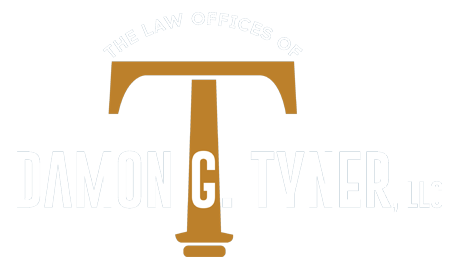Kombucha is a type of fermented beverage that is generally made from tea, sugar, yeast and bacteria. Although it has a history going back hundreds of years in Asia, kombucha has become popular in the United States only fairly recently. In the past 10 or 15 years it has gained a following among people who are attracted to its reputed health benefits. It’s not uncommon to see bottled kombucha on supermarket shelves. You can also see it on the menus of some restaurants.
If you are a restaurant owner and you’re considering offering kombucha to your customers, you may want to know: Do you need an alcohol license to sell kombucha? The answer depends on how much alcohol is in the drink.
Percentage of alcohol
Most kombucha is not brewed to be intoxicating. Typically, kombucha has less than 0.5% alcohol, which is not enough for most people to feel much of its effects after they drink a normal serving size. However, 0.05% is the threshold at which state and federal laws consider a beverage to be an alcoholic drink, and so kombucha may be regulated.
The New Jersey Alcoholic Beverage Control Law states that all beverages that contain 0.05% alcohol or more must be regulated. To sell these beverages, a restaurant or other business must have a license from the state.
But here’s where things get tricky. Kombucha can continue to ferment after it is bottled or stored. With more fermentation, its alcohol concentration increases. Some kombucha makers purposefully brew their products to have less than 0.05% alcohol, or to stabilize the percentage after shipping it to retailers. However, the federal Alcohol and Tobacco Trade Bureau considers beverages to be alcoholic if they were 0.05% alcoholic at any time in the process of their making or consumption.
All of this can seem like a discussion of mere technicalities, but alcohol percentages can be very important to owners of restaurants and bars. Attorneys with experience in liquor licensing can help business owners understand their options.

